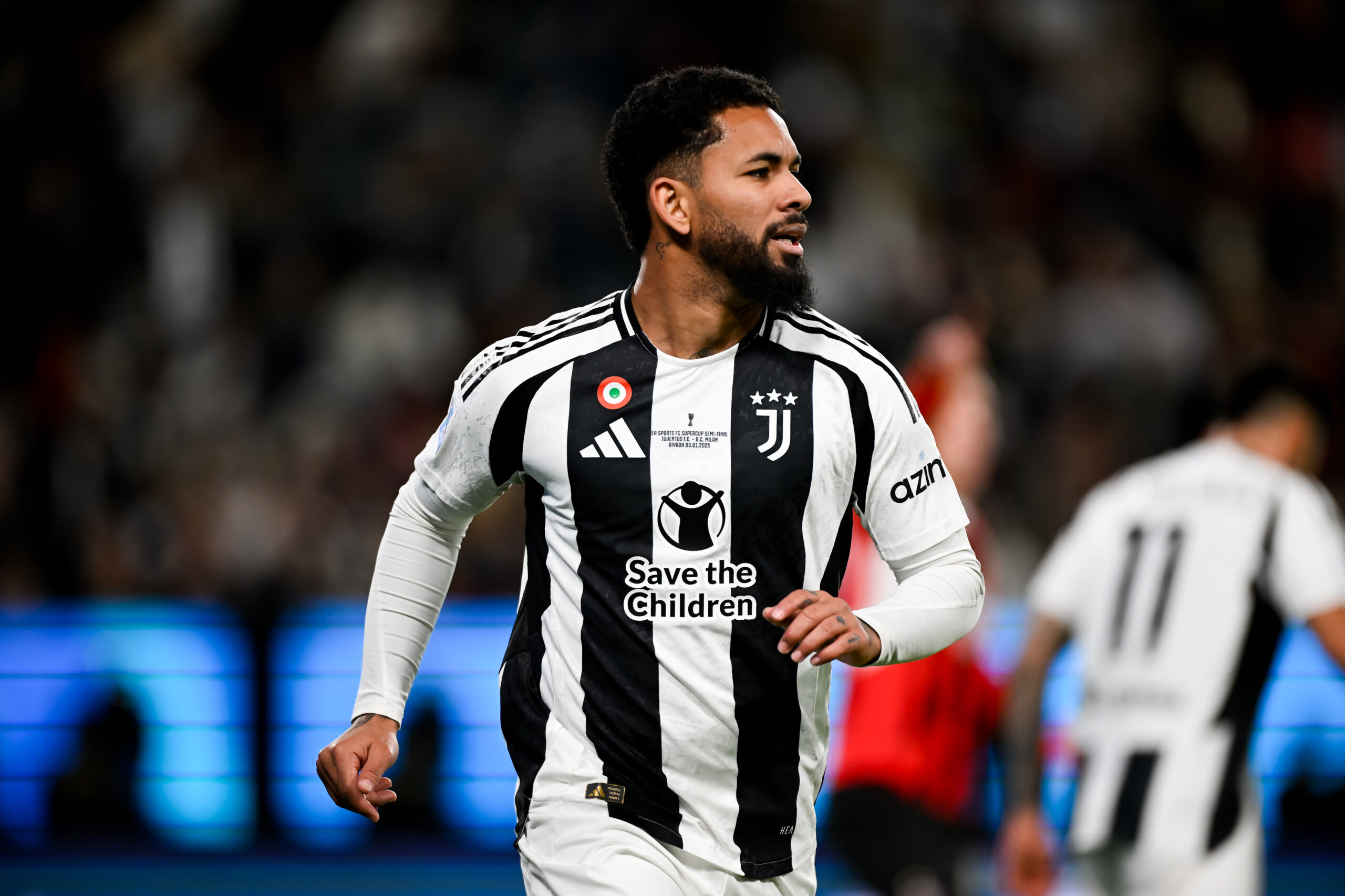Sir Alex Ferguson: A Legendary Manager and Manchester United’s Greatest
Sir Alex Ferguson is widely regarded as one of the greatest managers in the history of football. During his 27-year tenure at Manchester United, he led the team to unparalleled success, earning the respect and admiration of fans, players, and opponents alike. With a trophy cabinet overflowing with accolades, Ferguson’s legacy at Old Trafford is one that will be remembered for generations to come.
Born in Govan, Scotland in 1941, Ferguson began his playing career as a striker for Queen’s Park and St. Johnstone before transitioning to management. His early managerial stints at East Stirlingshire, St. Mirren, and Aberdeen laid the foundation for his future success. In 1986, Ferguson was appointed manager of Manchester United, a club that was struggling to find its footing after the retirement of legendary manager Tommy Docherty.
Ferguson’s arrival at Old Trafford marked the beginning of a new era for the Red Devils. He brought with him a wealth of experience, a keen tactical mind, and a no-nonsense approach to management. His first major success came in 1990, when Manchester United won the FA Cup under his guidance. This was followed by a string of league titles, starting with the 1992-1993 season, which marked the beginning of an unprecedented period of dominance.
Ferguson’s teams were known for their attacking flair, defensive solidity, and unwavering work ethic. He was a master tactician, able to adapt his team’s style to suit the opposition and the situation. His ability to motivate and improve his players was unparalleled, as evidenced by the numerous players who flourished under his guidance. From the likes of Eric Cantona, Ryan Giggs, and Paul Scholes to the more recent stars like Cristiano Ronaldo, Wayne Rooney, and David de Gea, Ferguson’s ability to develop talent was a key factor in Manchester United’s success.
Under Ferguson’s leadership, Manchester United won an astonishing 38 trophies, including 13 Premier League titles, 2 UEFA Champions Leagues, 5 FA Cups, and 4 League Cups. His teams were known for their consistency and ability to perform under pressure, earning the nickname “Fergie’s Fledglings.” Ferguson’s success was not limited to his on-field achievements; he was also a shrewd businessman and played a key role in shaping the club’s commercial strategy and infrastructure.
Ferguson’s impact on Manchester United went beyond his on-field success. He was a true leader and a father figure to his players, earning their respect and admiration. His ability to connect with his players and staff was unparalleled, and his commitment to the club was unwavering. He was a fierce competitor who demanded the best from his players, but he was also a fair and compassionate leader who cared deeply about his team.
Ferguson’s legacy at Manchester United extends far beyond his playing career. He is widely regarded as the greatest manager in the club’s history, and his influence can still be felt at Old Trafford today. His successor, David Moyes, struggled to replicate Ferguson’s success, and the club has since undergone a period of transition. However, Ferguson’s legacy remains strong, and his name is still revered by Manchester United fans around the world.
In 2013, Ferguson announced his retirement from management, bringing an end to an incredible 27-year tenure at Manchester United. He was succeeded by Louis van Gaal, who struggled to replicate Ferguson’s success. In 2016, Jose Mourinho took over as manager, but even he acknowledged the enormity of Ferguson’s legacy and the challenge of following in his footsteps.
Sir Alex Ferguson’s legacy extends far beyond his achievements at Manchester United. He is a true legend of the game, a man who has inspired countless players, coaches, and fans around the world. His dedication, passion, and commitment to the beautiful game are an inspiration to us all, and his legacy will continue to be celebrated for generations to come.
In conclusion, Sir Alex Ferguson is a legendary manager and Manchester United’s greatest. His achievements on the pitch are unparalleled, and his impact on the club and the game as a whole is immeasurable. He is a true icon of the sport, and his legacy will continue to be celebrated for years to come.

